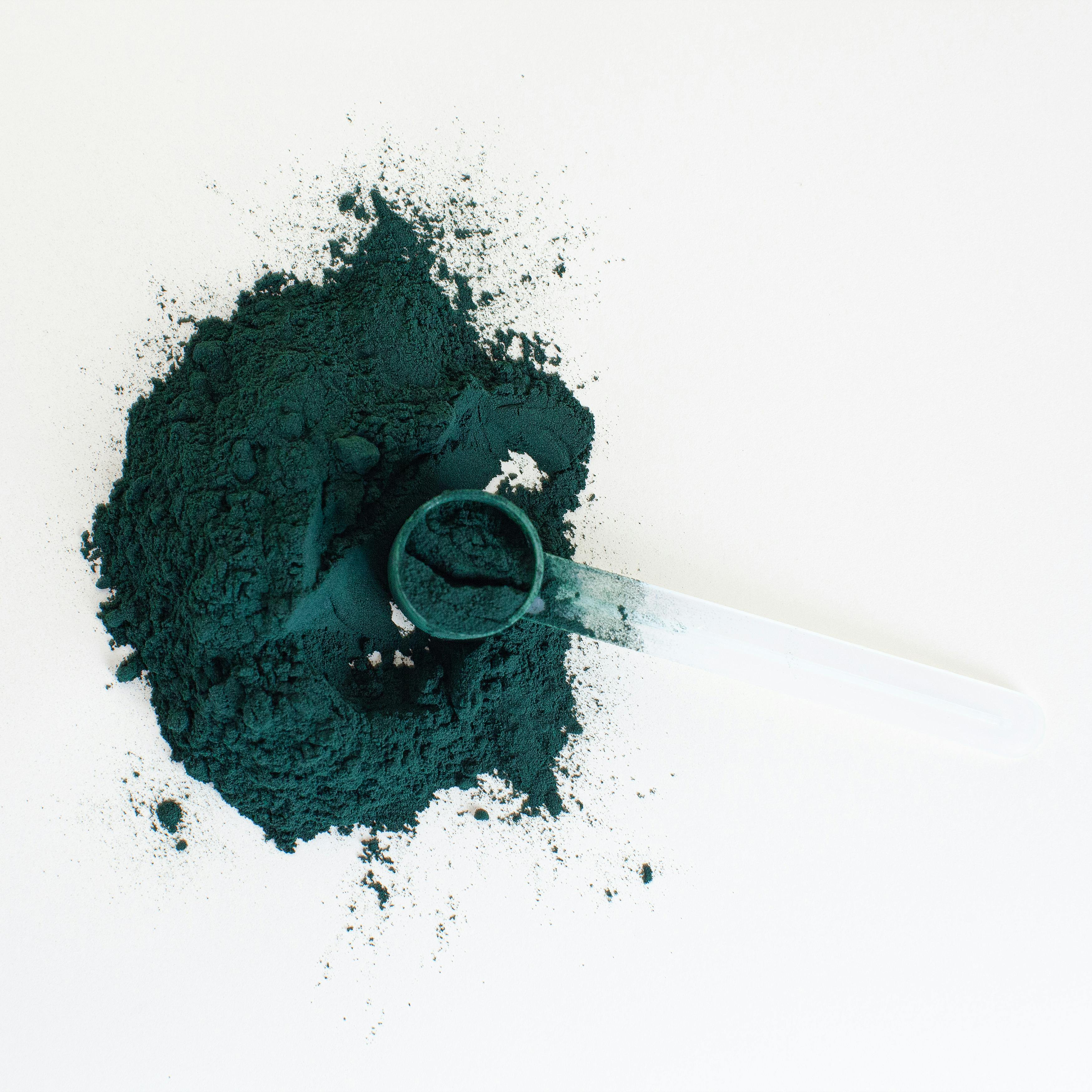Unraveling the Health Mysteries of Spirulina: A Comprehensive Guide
Spirulina, a blue-green algae, has been quietly making waves in the world of nutrition and wellness. Despite its recent emergence in the public eye, this superfood has been consumed for centuries by different cultures, offering a rich history and fascinating scientific developments.

Spirulina was used by the Aztecs and Africans as a dietary staple, recognized for its nutritional benefits. Modern science has since validated these ancient practices, revealing spirulina’s potential in boosting immunity, reducing inflammation, and aiding in weight loss.
In the current health landscape, spirulina is gaining popularity as a potent superfood. This is backed by numerous studies that highlight its potential in promoting overall health and wellness.
If you’re exploring spirulina as part of a health regimen, it’s crucial to understand its benefits and challenges, as well as its scientific credibility.
The benefits of spirulina are numerous and well-researched. It’s packed with protein, vitamins, and minerals, making it a rich source of nutrients. Furthermore, studies have shown spirulina to have antioxidant, anti-inflammatory, and immune-boosting properties.
However, the challenges lie in the quality of spirulina. There’s a risk of contamination if it’s not sourced or processed correctly, making it crucial to purchase from reputable sources.
Scientifically, spirulina holds credibility. Numerous studies have supported its health benefits, solidifying its standing as a superfood.
Despite its complexities, spirulina’s health benefits can be made engaging and digestible. It’s a fascinating example of ancient wisdom meeting modern science in the quest for wellness.
Spirulina: A Nutritional Powerhouse
Spirulina is no ordinary algae. It’s a nutritional powerhouse, offering a wealth of health benefits.
The Science of Spirulina
The scientific research behind spirulina is robust, validating its health-boosting potential.
Beware of Quality: The Challenge of Spirulina
Quality is a crucial factor when considering spirulina. The risk of contamination is high if not sourced and processed correctly.
Spirulina in Your Diet: Practical Tips
Incorporating spirulina into your diet can be simple and beneficial. Here are some practical ways to do so:
- Add spirulina powder to your smoothies for an extra health boost.
- Mix spirulina with water and drink it as a supplement.
- Use spirulina in recipes like salads, soups, and energy balls.
Fascinating Facts About Spirulina
- Spirulina is one of the oldest life forms on Earth and was used by the Aztecs centuries ago.
- NASA has proposed spirulina as a potential food for long-term space missions due to its nutritional profile.
In conclusion, spirulina offers a fascinating blend of historical relevance, scientific validation, and health benefits. Its potential in promoting wellness is significant, making it a worthy addition to your health regimen. Armed with the right knowledge and a keen eye for quality, spirulina can indeed be a potent tool for wellness.




